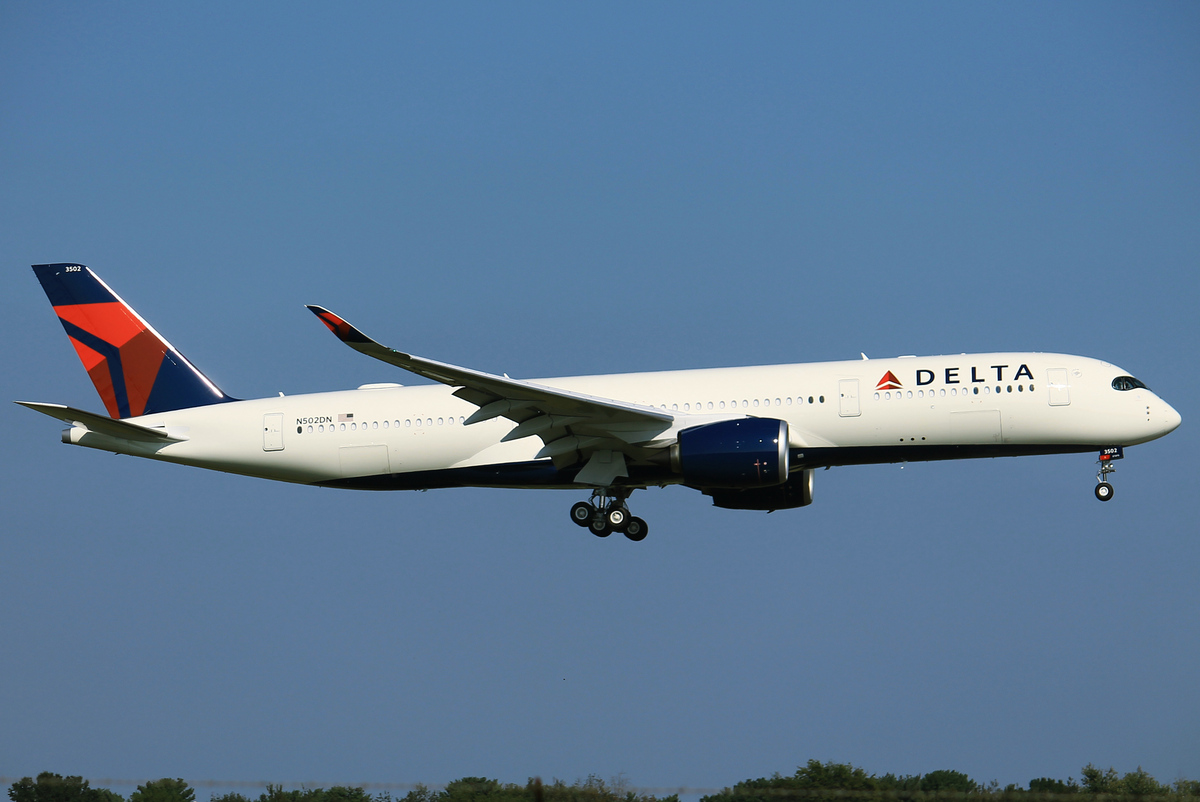Skift Take
With business travel still recovering, Delta is looking at a new audience for its premium services.
Delta wants to continue to prioritize premium services, but it faces a slow recovery of U.S. corporate travel. Its solution: Gen Z and Millennial travelers.
During Delta’s annual Investor Day on Tuesday, the airline’s president, Glen Hauenstein, emphasized the pivotal role of younger generations in driving revenue growth.
“We know if we can get them young and keep them engaged with the brand, their lifetime value is going to be huge. They are working fewer hours in the office, and they have more time to do what they want, where they want,” he said.
This shift away from corporate travel is a necessary adjustment. Last week the U.S. Travel Association released its biannual travel forecast, revealing that business travel is recovering more slowly than expected. Unlike leisure travel, which has already rebounded from the pandemic, business travel is not expected to fully recover until 2025.
Delta has been gradually positioning itself as a provider of premium services over the years. This includes a higher volume of first- and business-class seating, an extensive loyalty program, and in-flight amenities such as free WiFi and self-service. In 2014, premium services accounted for 24% of the airline’s revenue. Fast forward to 2023, and projections indicate a significant increase, with premium spending projected to reach 35% of the estimated $47 billion total revenue. Delta aims for premium revenue to contribute 37% in the long run.
“This is not a recession-proof revenue stream, but it is recession resistant, and we are going to have a record revenue year,” Hauenstien said.
A key driver of Delta’s younger audience is its SkyMiles program. The program has attracted younger consumers by introducing new amenities and partnerships with popular brands like Starbucks, Lyft, and Paramount+. The average age of new SkyMiles members has decreased from 44 years old in 2017 to 39 in 2022.
“2023 will be even younger,” said Dwight James, senior vice president of customer engagement & loyalty. “The introduction of free WiFi has largely fueled this audience.”
Similar to Delta’s overall revenue, premium spending within the SkyMiles program has experienced a remarkable increase. In 2017, premium spending accounted for 15% of SkyMiles’ total revenue. Since then, it has nearly doubled to 29% in 2022.
The number of Millennial travelers flying with Delta has surged by 35% since 2019. James emphasized that Millennials travel more than any generation, averaging 35 travel days per year and spending over $5,000 on discretionary travel.
Delta’s changing fleet also reflects its evolving attitude toward premium travel. All of the airline’s aircraft now feature premium seating, and the transition to larger, new generation Airbus aircraft has significantly increased the number of available seats.
“This was not by chance that we decided to go to a premiumization many years back. It was out of necessity,” said Hauenstein.
The Daily Newsletter
Our daily coverage of the global travel industry. Written by editors and analysts from across Skift’s brands.
Have a confidential tip for Skift? Get in touch
Tags: delta, millennials, premium air travel
